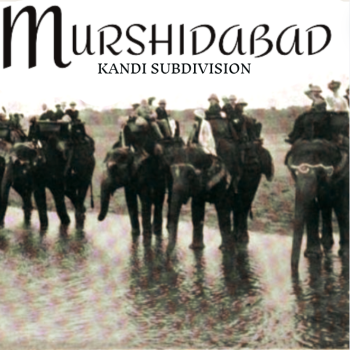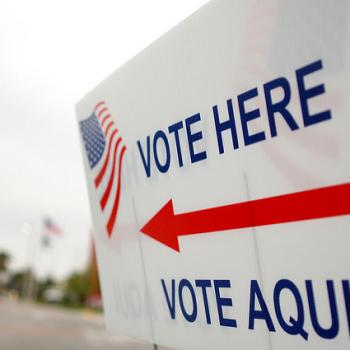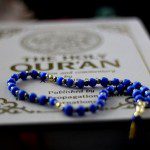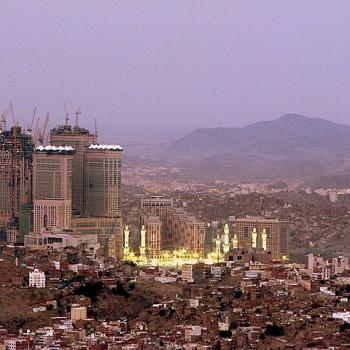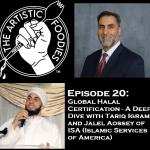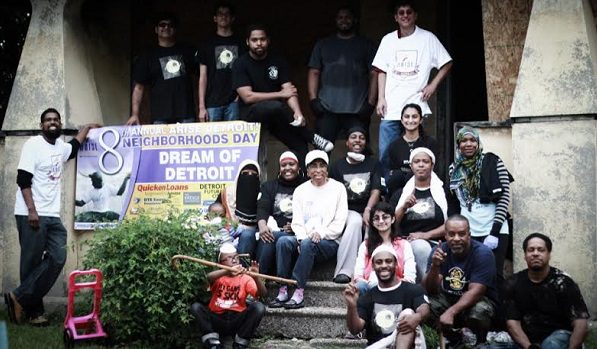 This is Day 16 of Altmuslim’s #30Days30Writers series for Ramadan 2015.
This is Day 16 of Altmuslim’s #30Days30Writers series for Ramadan 2015.
By Hazel Gómez
“Okay, it’s almost one o’clock! Let’s go outside and wait for Papi. He said he’d be here at one.” As each car turned onto our narrow street, my brother and I would jump up with excitement. We were hoping to see if it was the one we recognized — that roaring, green 1973 Buick Century, usually blasting salsa by Frankie Ruiz.
Nope, it wasn’t him. As cars continued to turn on the block, as the sun passed its zenith and shadows got longer, our excitement dwindled and our faces grew somber until we no longer jumped anymore. Eventually, my mother or grandmother would bring us inside and apologize. “I’m sure he has a good reason for not coming,” was the script we got used to hearing.
From a young age, I learned not to take people’s promises to heart. Promises were empty words said to children to quiet us down, a convenience for the adult. Instead, I began to silently observe. If people were true to their word, fulfilled their “I’ll come play Barbies with you,” or “I’ll take you to the library to check out a Judy Blume book,” I’d open up a little more.
But once I detected dishonesty, I’d just keep it moving.
In adolescence, that scrawny, big-glasses-wearing silent observer turned into a taller, smaller-glasses-wearing young woman trying to make sense of her purpose in an ever-changing world that somehow still felt stagnant. Growing up, faith in God was always a part of my life and the values I hold dear to this day — integrity, compassion, inclusivity, concern for the elderly and young, having an entrepreneurial spirit — were instilled in me by my diligent, Catholic grandparents from Latinoamérica, my U.S.-born young mother and through my immigrant father by omission.
So when I began reading about Islam, internalizing what it meant to emulate the character of the Prophet Muhammad (pbuh) — including his radical honesty — and changing my mentality to not focus on God’s physical form but rather God’s qualities, I knew I wanted to be a part of this God-conscious community.
From the day I took my shahada (profession of faith as a Muslim) onward, life felt more vibrant, with a clear and focused purpose: I was Muslim, and I was going to be a part of establishing a community of people who sought to exemplify Prophetic values.
Over the last 12 years of being a radical monotheist, the values and morals of my upbringing coupled with and refined by Islam, have shaped the way I parent, the way I interact with society and the kind of community I want to help build and foster. For me, as for many of us, Ramadan is a time of introspection and reflection, where each slowly-read page of Quran brings with it a new and deeper insight.
It is a time to meet new people and share personal struggles while rushing to eat dinner before ‘Isha comes in. As I contemplate my third Ramadan in Detroit and watch my boys grow before my very eyes, I often think about the values and the village that will help raise them.
I imagine a Muslim-led community based on actively emulating Prophetic honesty and compassion — where residents are empowered through community organizing, cooperative economics, access to quality education and local food sourcing, regardless of ethnicity, class or religion. Where a flourishing free health clinic serves the uninsured and a well-established mosque sits as the spiritual anchor of the neighborhood.
A community where neighbors benefit from one another’s experiences and knowledge. Where an immigrant mother is mentored through navigating the American health system while teaching an indigenous mother homeopathic remedies from her own country. And, as I reflect on those desires, I’m thankful to be a part of Dream of Detroit (or DREAM), an initiative working toward building such a place.
DREAM stands for Detroit Revival Engaging American Muslims, and the project is combining community organizing with housing and land development to turn a marginalized neighborhood into a healthy community. We’ve started by purchasing homes and rehabbing them for local Muslim families.
In the next 35 years, America will grow by 110 million people and nearly 100 percent of that growth will be in cities — not suburban or rural America. Our task, if we’re to remain relevant to society at large, is to create viable, urban, multi-ethnic, Muslim-led, values-based communities. And, in Detroit — the city with more Muslim history than perhaps any other in America — we’re gaining momentum.
Through community organizing, we start to build the community we are seeking. As philosopher Grace Lee Boggs stated, “Visionary organizing begins by creating images of the future that help us imagine an alternative to the current system.” And through housing and land development, we start to make a real, physical investment in the creation of that community. DREAM is at once an acknowledgement of the community-building work of our elders and an ode to the future.
As I watch my two toddlers extend their hands to aunties and uncles at the mosque while butchering “As-salamu ‘alaykum” or wave “Hello” with a smile at the folks who will be our neighbors, I’m reminded of a saying by Imam Warith Deen Mohammed, “The true life that God wants for all people — not one people — their true life is a life of cooperation … community life!”
I cannot help but smile and think about what my next Ramadan will be like once we’ve moved in our new neighborhood. Muslims living in the surrounding blocks, descending on the masjid for prayer; weekly soup kitchens; neighborhood youth playing ball at the center; sisters leaving the kids with their husbands and coming out to halaqa. People in loving congregation. A living, thriving, urban community.
I was on the phone with my father the other day talking about my youngest son’s birthday, when he said, “Don’t worry, I’ll get my grandson something.” In a half-hearted tone, I uttered, “Sure Pa.” I didn’t get my hopes up about a gift for my son, but I did make one prayer: that my dad could come live with us in this God-conscious community around people striving to live with Prophetic integrity.
Because, just maybe, that might remind him of the meaning of honesty. And that’s what Dream of Detroit is — a place where personal and communal transformation will take place, Insha’Allah.
To learn more about Dream of Detroit, visit www.dreamofdetroit.org and sign up for our email list. I hope you’ll consider making a contribution to the project but, most of all, please remember us in your du’as.
Hazel Gómez is a community organizer, convert mentor, and avid reader of all things Muslims in America. Hailing from Chicago, she currently lives in Detroit, and is interested in the research and creation of an authentic Latino Muslim experience.





